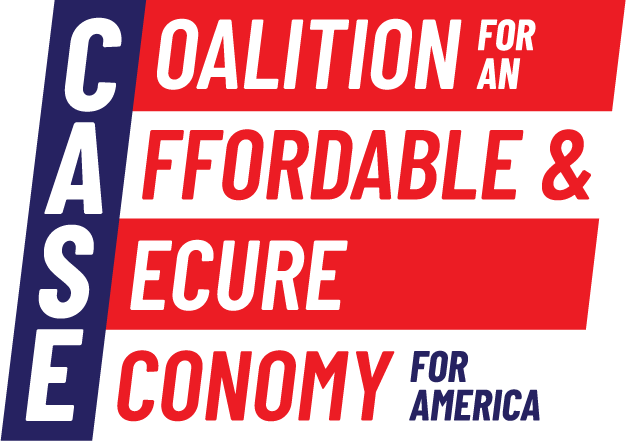With its booming outdoor recreation industry, thriving agricultural and energy sectors, local breweries and advanced manufacturing, Colorado’s economy is one of the most diverse in the nation. While the state benefits from ties to other nations, including Canada and Mexico, Coloradans are particularly vulnerable to the ripple effects of recent tariff turbulence.
During President Trump’s first term, Coloradans came face-to-face with the sting of rising prices driven by tariffs. Now, with new data suggesting the latest round of tariffs could cost the average family between $2,100 to $4,700, they’re once again bracing for impact.
Tariff Impact On Colorado During President Trump’s First Term
- The first Trump Administration’s tariffs cost the outdoor industry $1.1 billion between June and September 2019, an impact felt deeply in Colorado. (Colorado Politics, 6/18/19)
- Steamboat Springs-based Hala Gear was threatened with $89,000 in additional duties thanks to tariffs on China. (Colorado Sun, 6/20/19)
- The trade war with China cut agricultural exports from Colorado by 15% in 2019, about $300 million worth. (Colorado Sun, 10/7/19)
Tariff Impact On Colorado Today
- Canada, Mexico and China account for half of Colorado’s nearly $17 billion in total imports in 2024. The president’s February tariffs alone could cost the Centennial State more than $1.4 billion annually. (Trade Partnership Worldwide, 2025)
- Fifty-seven Colorado-based public companies lost a total of $43.7 billion in market value after President Trump’s so-called “Liberation Day” tariff announcement. (Denver Post, 4/4/25)
- Tariffs on construction materials, such as steel, aluminum and lumber could soon drive up the cost of building single-family homes and completing ongoing public works projects – affecting Colorado’s 180,000 construction workers and the clients who rely on them the most. (Vail Daily, 4/21/25)
- Colorado is the country’s 27th largest agricultural exporting state, shipping $2.3 billion in exports to Canada, Mexico and Asia in 2022, all of which is now at risk. (Office of the United States Trade Representative, 2025)
What Coloradans Are Saying About Tariffs Today
- Loren Furman, President and CEO, Colorado Chamber of Commerce: “We’re concerned with any policy that disrupts predictability in the market or increases the cost of doing business, whether that comes from the state or federal government. Specifically for Colorado, which is already one of the most expensive states to live and do business, tariffs could seriously interfere with our work to improve competitiveness and the broader economy.” (Summit Daily, 4/21/25)
- Keith Maskus, Professor of Economics Emeritus, University of Colorado Boulder: “The president will claim until he’s blue in the face that foreigners pay the cost of these tariffs. It’s simply not true. Tariffs are passed through in the higher costs at the input stages and all the way through the consumer goods stage. People in Colorado will experience an increase in the cost of living, there’s no question about it. And it will happen sooner than they might think.” (Summit Daily, 4/21/25)
- Steve Ela, Owner, Ela Family Farms: “Anytime you have massive market disruptions, and you create unsettlement, that makes us all nervous. As farmers, we have enough problems with Mother Nature and labor and other costs all over the place. Having markets fluctuate wildly really makes it harder to plan ahead.” (CPR News, 4/9/25)
What Coloradans Said About Tariffs During President Trump’s First Term
- Kathleen Sgamma, President, Western Energy Alliance: “Tariffs are extremely costly, and completely contrary to President Trump’s energy-dominance agenda. We urge the president to consider that these tariffs will kill more jobs in manufacturing and energy than they will supposedly protect in steel.” (Denver Post, 6/15/18)
- Bob Pease, President and CEO, Brewers Association: “Ten percent tariffs is going to equate to some multimillion-dollar tax on the beverage industry, and it is certainly possible that there will be jobs lost. It’s hard to see where aluminum made for can-making has a national security implication.” (Denver Post, 6/15/18)
- Philip Luck, Professor of Economics, University of Colorado Denver: “Those are real losses in income that we’re facing as a result of these taxes …The takeaway, largely, is that this is not good policy. It’s incredibly difficult, or costly, to augment or change supply chains once they’re set up.” (CPR News, 5/31/19)

